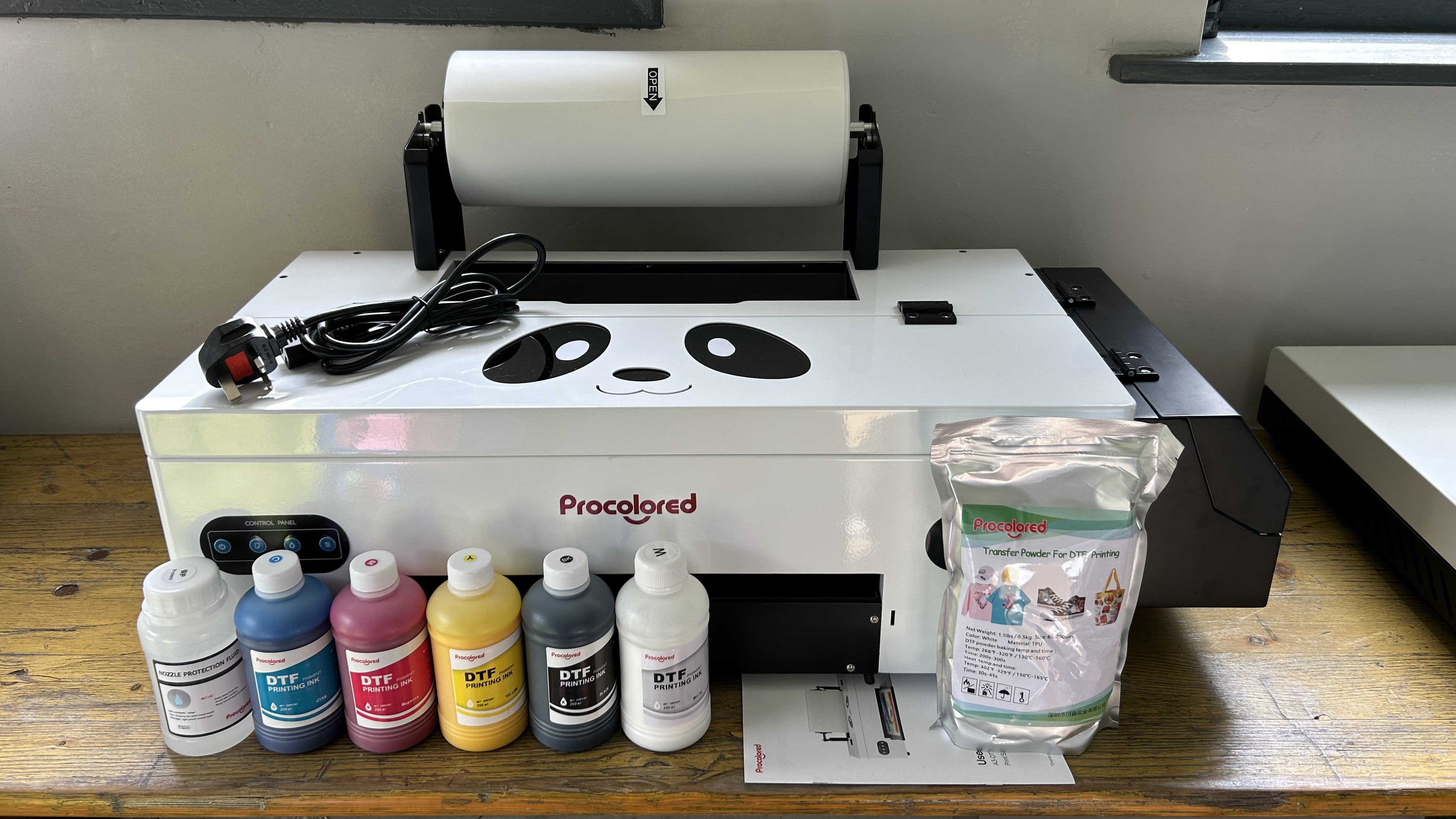Why Smart Appliances Are Gaining Popularity in Modern Homes
What Are Smart Appliances and Why Are They Gaining Popularity? In today’s tech-driven world, smart appliances are becoming increasingly common in households. But what exactly makes an appliance “smart,” and why are more people adopting these advanced technologies into their homes? Smart appliances are those that connect to the internet or other devices, allowing homeowners to control and monitor them remotely. These devices offer convenience, energy efficiency, and integration with other smart home systems. Over time, the adoption of smart appliances has grown, with more consumers choosing these modern alternatives for their homes. How Do Smart Appliances Work? At the heart of smart appliances is connectivity. Most smart devices operate through Wi-Fi or Bluetooth and can be controlled via smartphone apps or voice assistants like Amazon Alexa or Google Assistant. For example, a smart refrigerator might send you a notification when you’re low on groceries, while a smart washing machine could let you know when the laundry cycle is complete. By using sensors, cloud computing, and advanced algorithms, these appliances offer real-time data and enhanced functionality that traditional models simply can’t match. What Benefits Do Smart Appliances Offer? One of the main reasons for the rise of smart appliances is the array of benefits they bring. These devices provide energy efficiency, helping reduce electricity bills by optimizing power usage. For instance, smart thermostats adjust the temperature of your home automatically based on your preferences and daily habits, ensuring your home remains comfortable without wasting energy. Additionally, many smart appliances are self-monitoring, which means they can alert you to issues before they become serious problems, saving you both time and money. Another major advantage of smart appliances is convenience. By allowing users to control their devices remotely or through voice commands, daily tasks can be simplified. Whether it’s setting your oven to preheat while you’re at work or checking on the laundry from your phone, the convenience factor is a game-changer for many people. What Are Some Examples of Popular Smart Appliances? Smart appliances span across various categories, from kitchen gadgets to home security systems. Some of the most popular devices include: Smart refrigerators: These can track inventory, suggest recipes based on available ingredients, and even display calendars or grocery lists on their screens. Smart washers and dryers: These appliances can monitor cycles, alert you when clothes are ready, and even offer suggestions for optimal washing or drying settings. Smart ovens and microwaves: These appliances can be controlled via an app, allowing you to preheat or adjust cooking settings remotely. Smart thermostats: They help save energy by adjusting home temperatures according to schedules, location, or personal preferences. The convenience and innovation behind these appliances have made them appealing for consumers looking to streamline household tasks and improve efficiency. What’s the Future of Smart Appliances? As technology continues to evolve, so does the potential for smart appliances. In the future, it’s likely we’ll see even more integrated systems where appliances communicate with each other seamlessly. For example, your smart washing machine could alert your dryer when a load is finished, ensuring there’s no delay in the next task. Additionally, artificial intelligence (AI) will likely play a bigger role in automating tasks and making these devices smarter. Some manufacturers are already experimenting with AI algorithms that learn from user behavior, creating a more personalized experience. The rise of smart appliances will also coincide with broader trends like sustainability. As consumers become more environmentally conscious, the demand for energy-efficient, eco-friendly devices will only increase. Manufacturers will likely continue to innovate, creating products that are both functional and environmentally responsible. Why Smart Appliances Are Here to Stay The rise of smart appliances marks a shift in how people interact with technology in their everyday lives. These devices offer a level of convenience, energy efficiency, and intelligence that traditional appliances cannot match. As the technology behind smart devices continues to improve, we can expect them to become an even more integral part of modern homes. Whether you’re looking to simplify daily tasks, save energy, or enhance your home’s functionality, the appeal of smart appliances is undeniable. As more people embrace these innovations, it’s clear that smart appliances are here to stay.
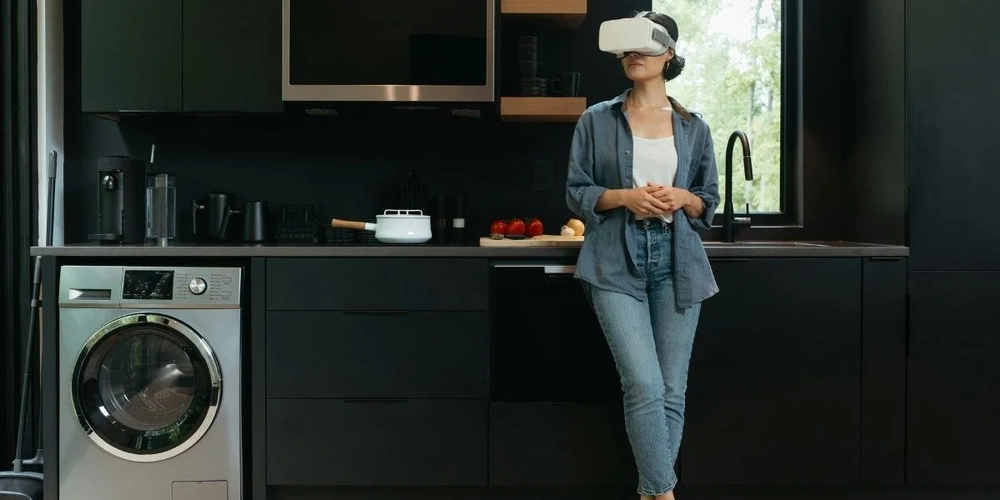
What Are Smart Appliances and Why Are They Gaining Popularity?
In today’s tech-driven world, smart appliances are becoming increasingly common in households. But what exactly makes an appliance “smart,” and why are more people adopting these advanced technologies into their homes? Smart appliances are those that connect to the internet or other devices, allowing homeowners to control and monitor them remotely. These devices offer convenience, energy efficiency, and integration with other smart home systems. Over time, the adoption of smart appliances has grown, with more consumers choosing these modern alternatives for their homes.
How Do Smart Appliances Work?
At the heart of smart appliances is connectivity. Most smart devices operate through Wi-Fi or Bluetooth and can be controlled via smartphone apps or voice assistants like Amazon Alexa or Google Assistant. For example, a smart refrigerator might send you a notification when you’re low on groceries, while a smart washing machine could let you know when the laundry cycle is complete. By using sensors, cloud computing, and advanced algorithms, these appliances offer real-time data and enhanced functionality that traditional models simply can’t match.
What Benefits Do Smart Appliances Offer?
One of the main reasons for the rise of smart appliances is the array of benefits they bring. These devices provide energy efficiency, helping reduce electricity bills by optimizing power usage. For instance, smart thermostats adjust the temperature of your home automatically based on your preferences and daily habits, ensuring your home remains comfortable without wasting energy. Additionally, many smart appliances are self-monitoring, which means they can alert you to issues before they become serious problems, saving you both time and money.
Another major advantage of smart appliances is convenience. By allowing users to control their devices remotely or through voice commands, daily tasks can be simplified. Whether it’s setting your oven to preheat while you’re at work or checking on the laundry from your phone, the convenience factor is a game-changer for many people.
What Are Some Examples of Popular Smart Appliances?
Smart appliances span across various categories, from kitchen gadgets to home security systems. Some of the most popular devices include:
- Smart refrigerators: These can track inventory, suggest recipes based on available ingredients, and even display calendars or grocery lists on their screens.
- Smart washers and dryers: These appliances can monitor cycles, alert you when clothes are ready, and even offer suggestions for optimal washing or drying settings.
- Smart ovens and microwaves: These appliances can be controlled via an app, allowing you to preheat or adjust cooking settings remotely.
- Smart thermostats: They help save energy by adjusting home temperatures according to schedules, location, or personal preferences.
The convenience and innovation behind these appliances have made them appealing for consumers looking to streamline household tasks and improve efficiency.
What’s the Future of Smart Appliances?
As technology continues to evolve, so does the potential for smart appliances. In the future, it’s likely we’ll see even more integrated systems where appliances communicate with each other seamlessly. For example, your smart washing machine could alert your dryer when a load is finished, ensuring there’s no delay in the next task. Additionally, artificial intelligence (AI) will likely play a bigger role in automating tasks and making these devices smarter. Some manufacturers are already experimenting with AI algorithms that learn from user behavior, creating a more personalized experience.
The rise of smart appliances will also coincide with broader trends like sustainability. As consumers become more environmentally conscious, the demand for energy-efficient, eco-friendly devices will only increase. Manufacturers will likely continue to innovate, creating products that are both functional and environmentally responsible.
Why Smart Appliances Are Here to Stay
The rise of smart appliances marks a shift in how people interact with technology in their everyday lives. These devices offer a level of convenience, energy efficiency, and intelligence that traditional appliances cannot match. As the technology behind smart devices continues to improve, we can expect them to become an even more integral part of modern homes. Whether you’re looking to simplify daily tasks, save energy, or enhance your home’s functionality, the appeal of smart appliances is undeniable. As more people embrace these innovations, it’s clear that smart appliances are here to stay.



















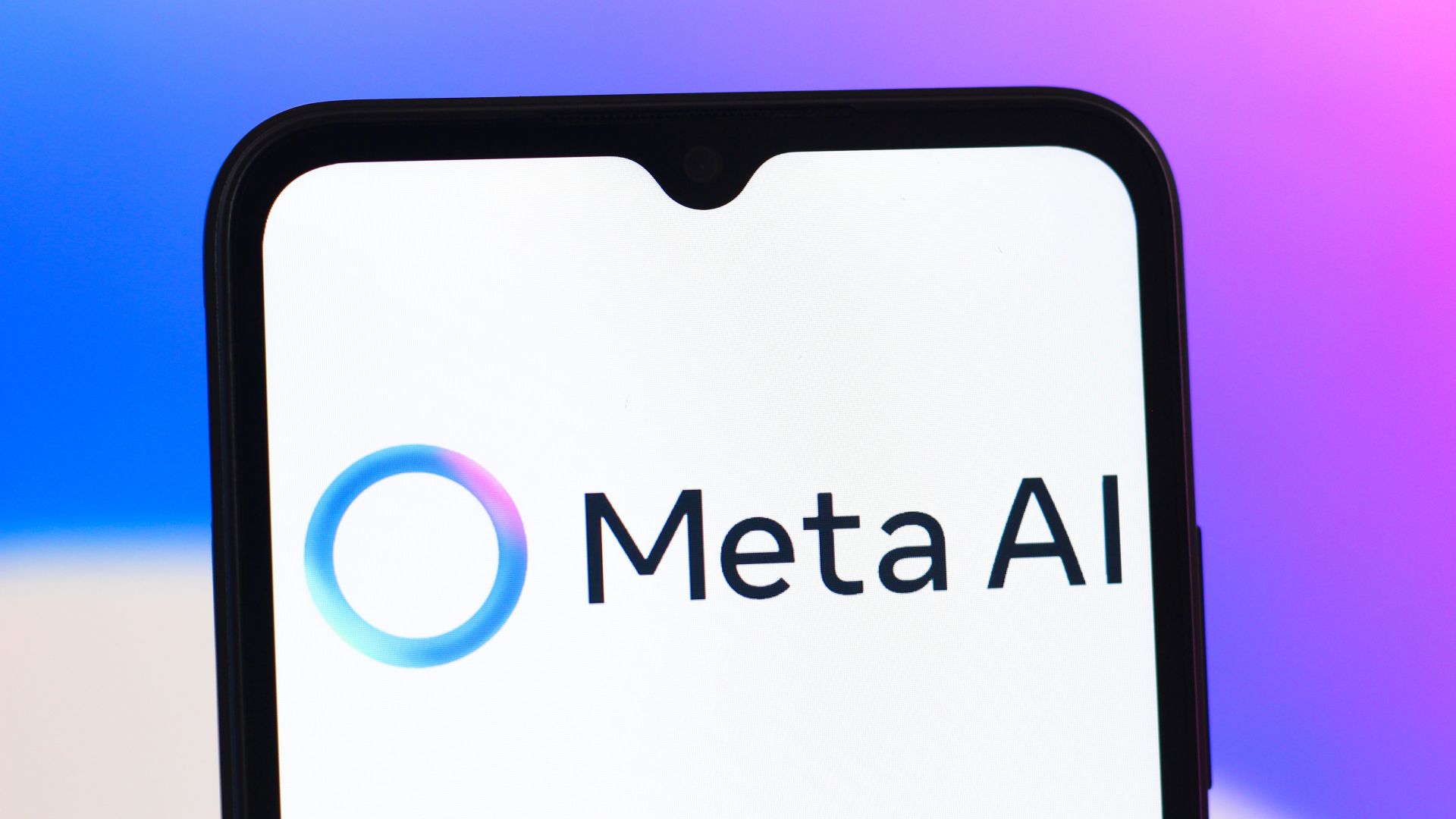










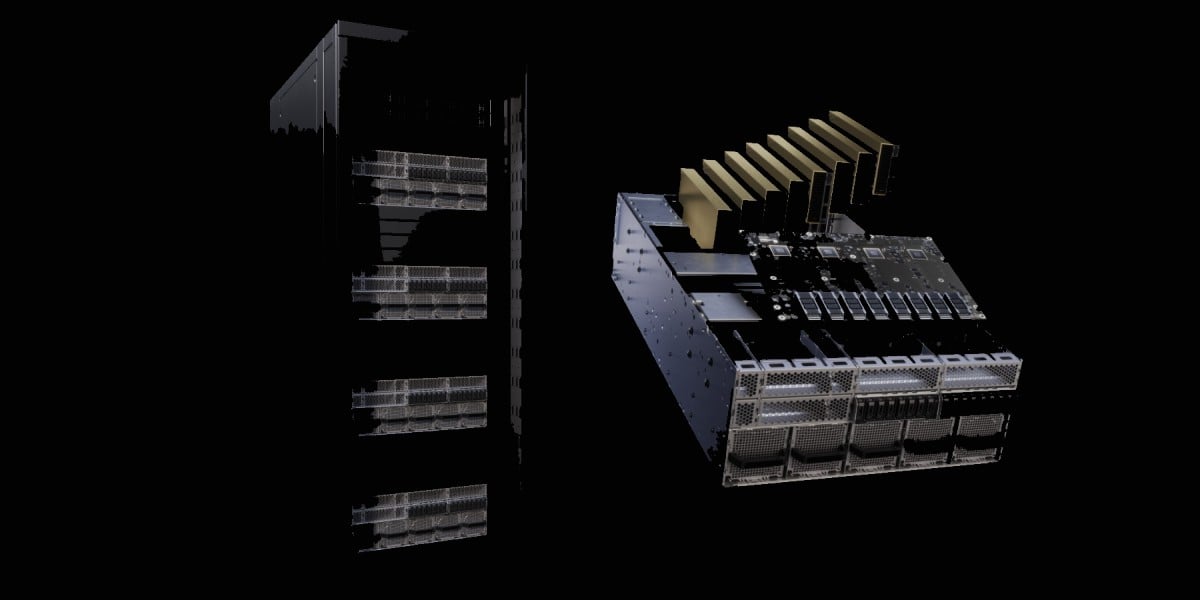















































































































































![[The AI Show Episode 146]: Rise of “AI-First” Companies, AI Job Disruption, GPT-4o Update Gets Rolled Back, How Big Consulting Firms Use AI, and Meta AI App](https://www.marketingaiinstitute.com/hubfs/ep%20146%20cover.png)
































































































































![How to make Developer Friends When You Don't Live in Silicon Valley, with Iraqi Engineer Code;Life [Podcast #172]](https://cdn.hashnode.com/res/hashnode/image/upload/v1747360508340/f07040cd-3eeb-443c-b4fb-370f6a4a14da.png?#)


















































-(1).jpg?width=1920&height=1920&fit=bounds&quality=70&format=jpg&auto=webp#)









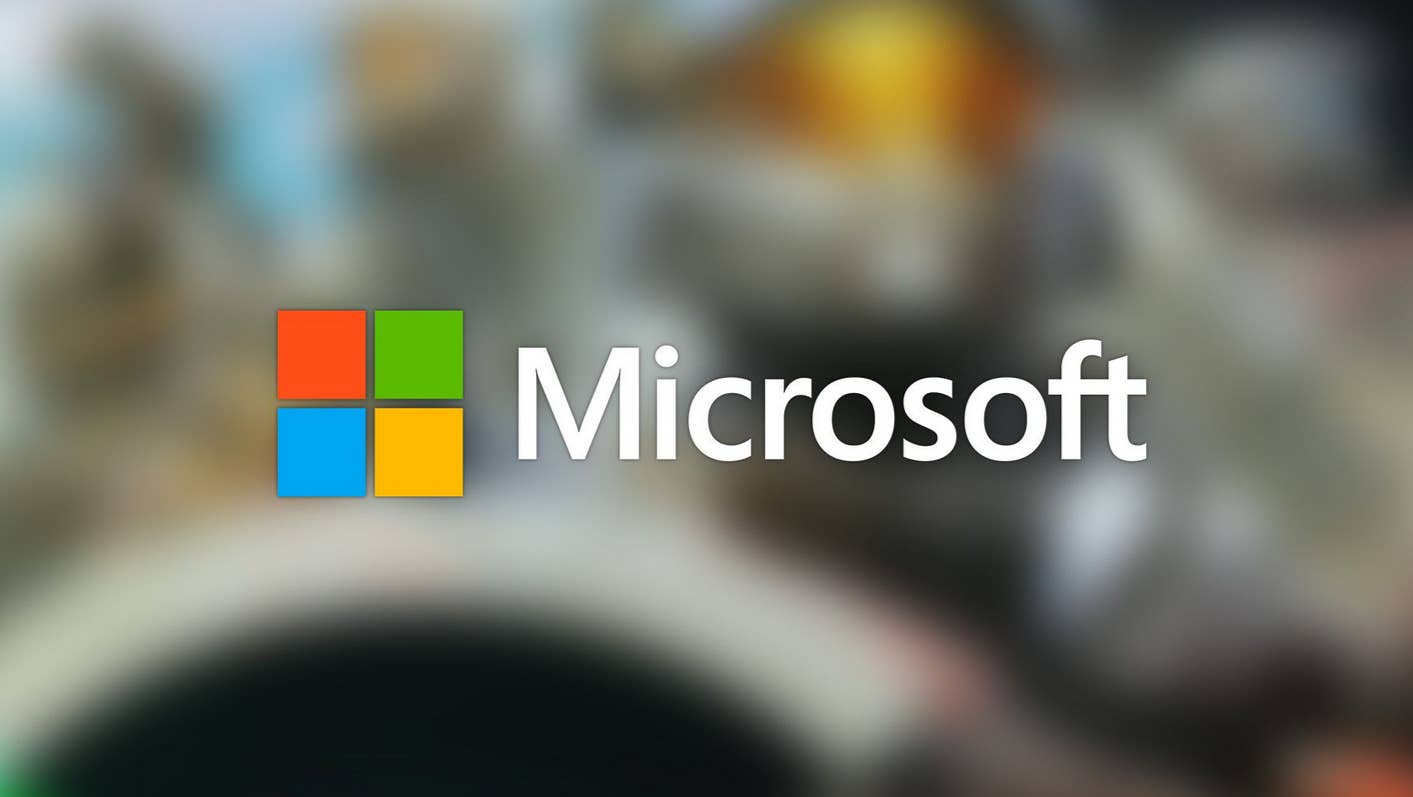
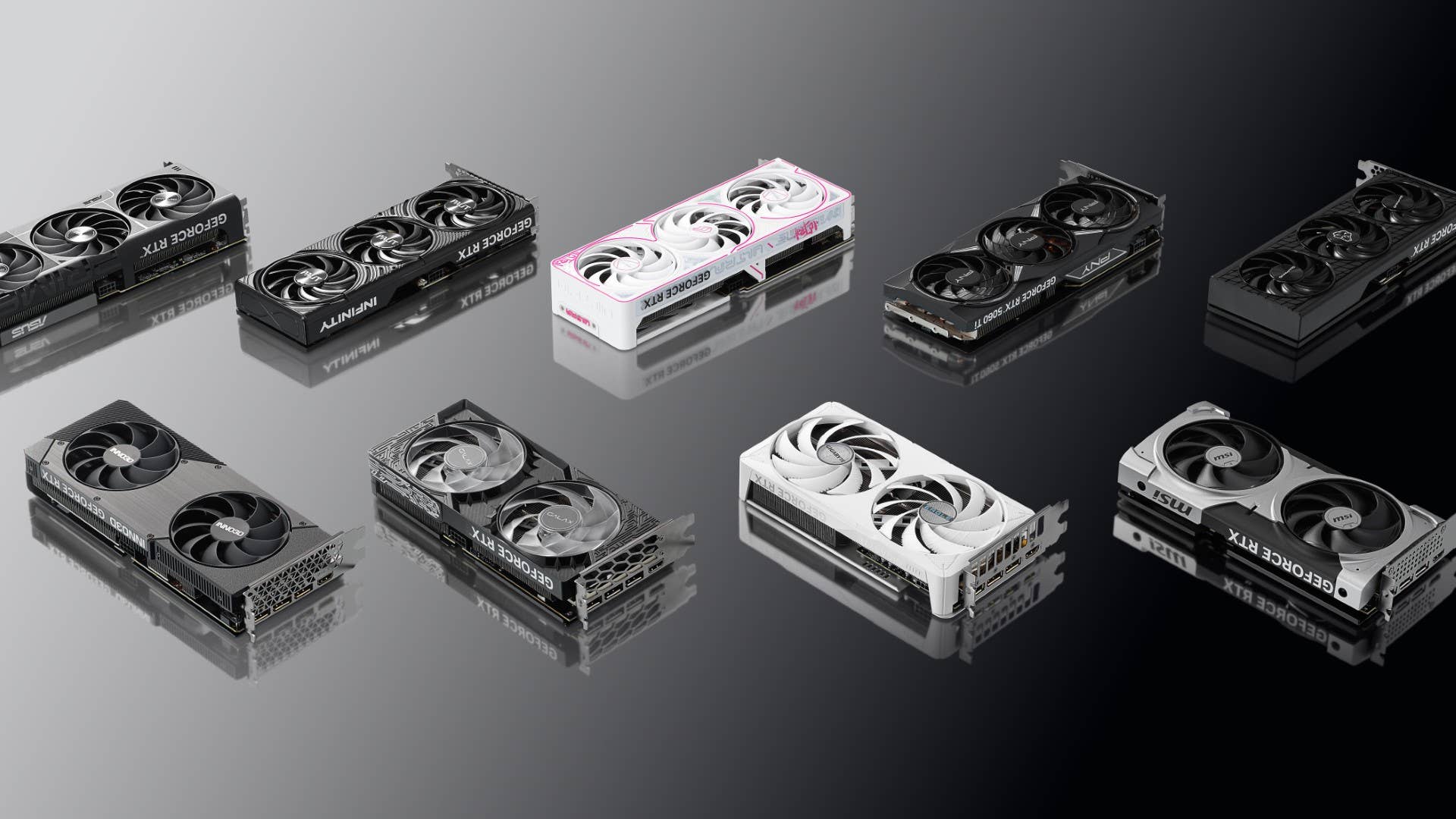
















































.jpg?#)



































































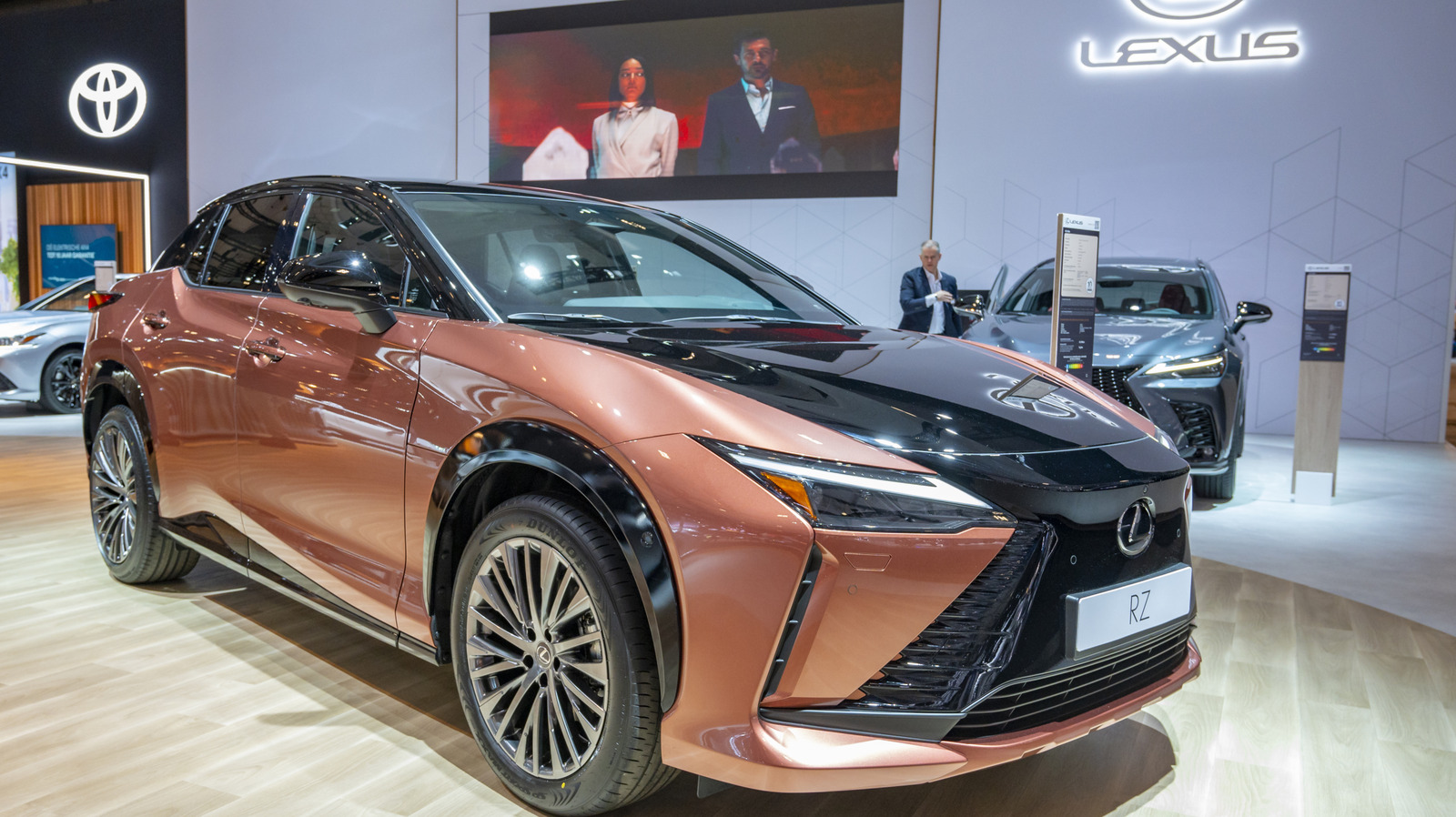
























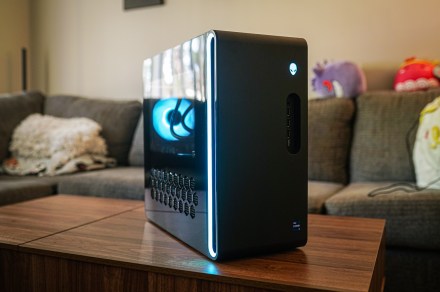



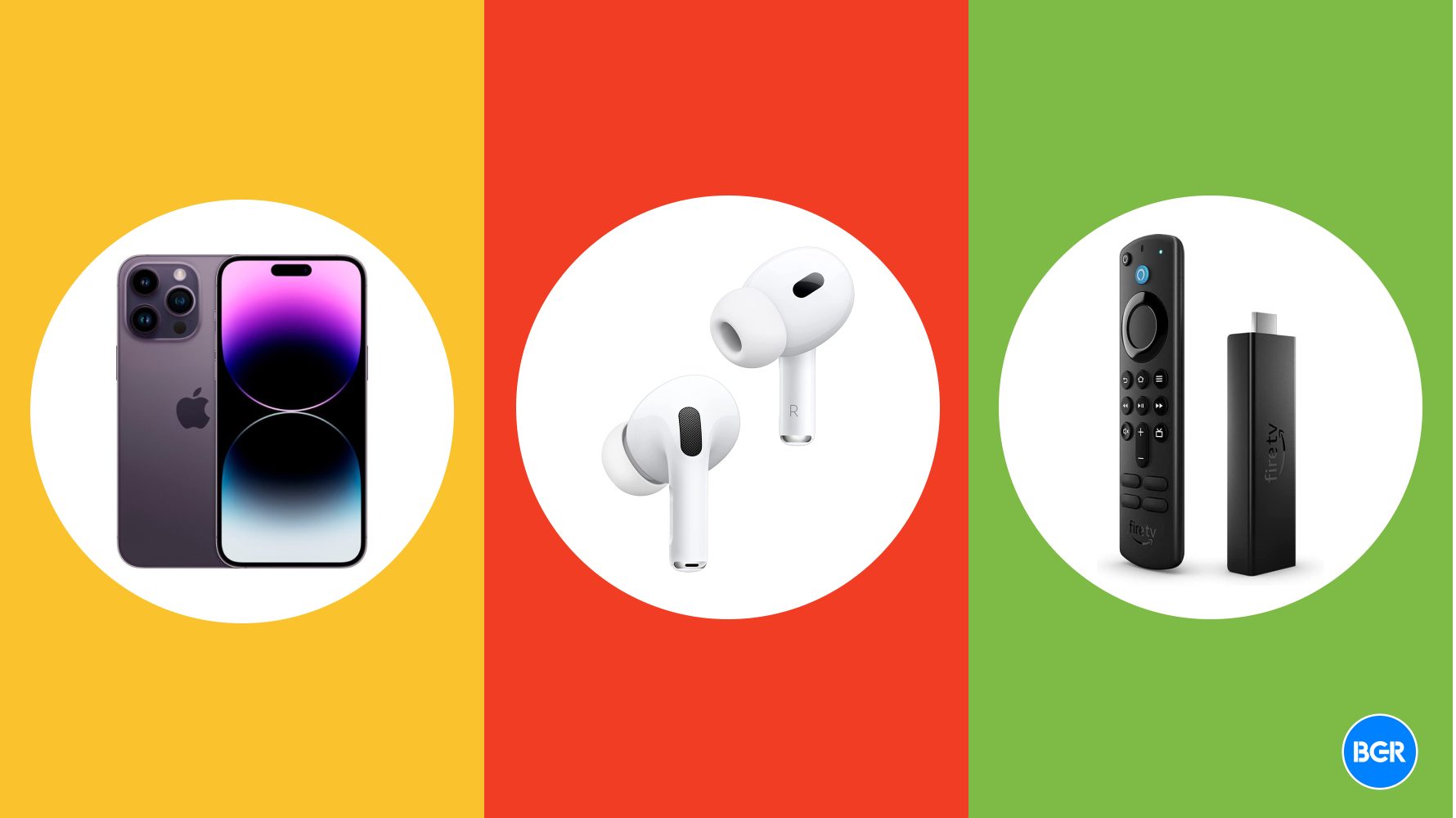






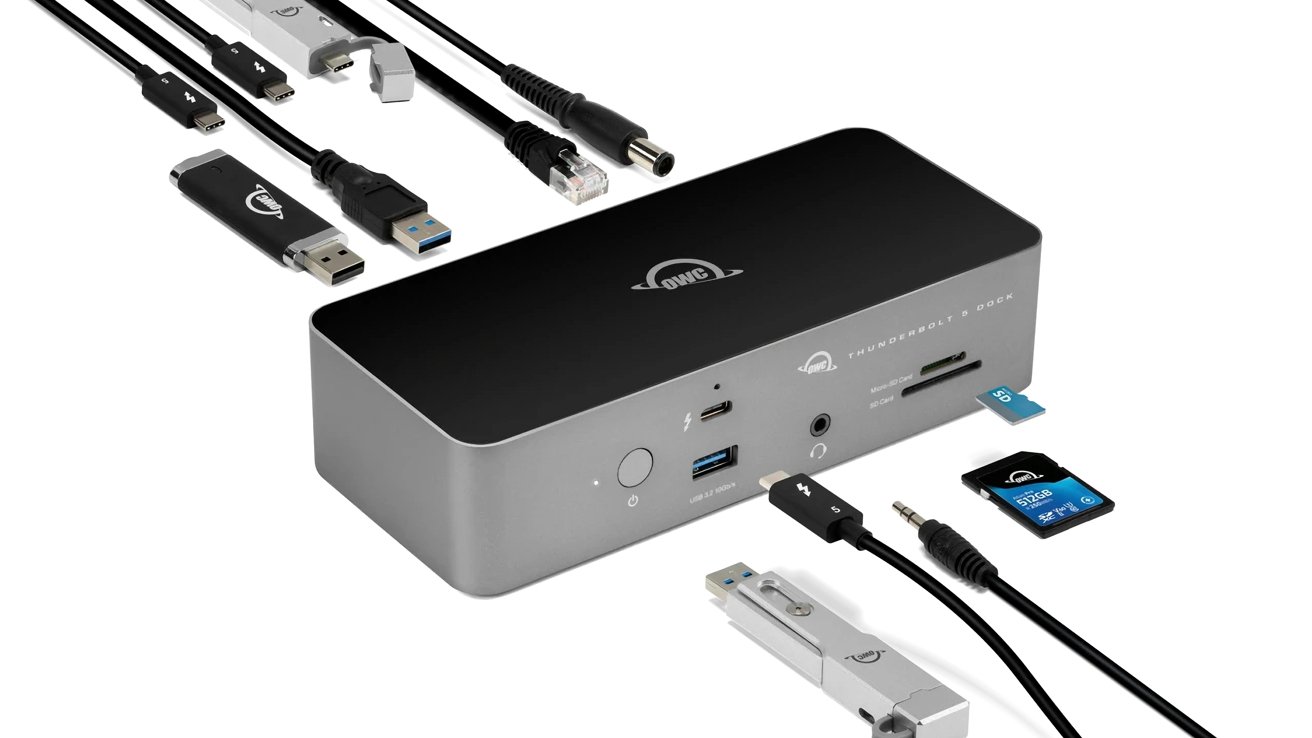





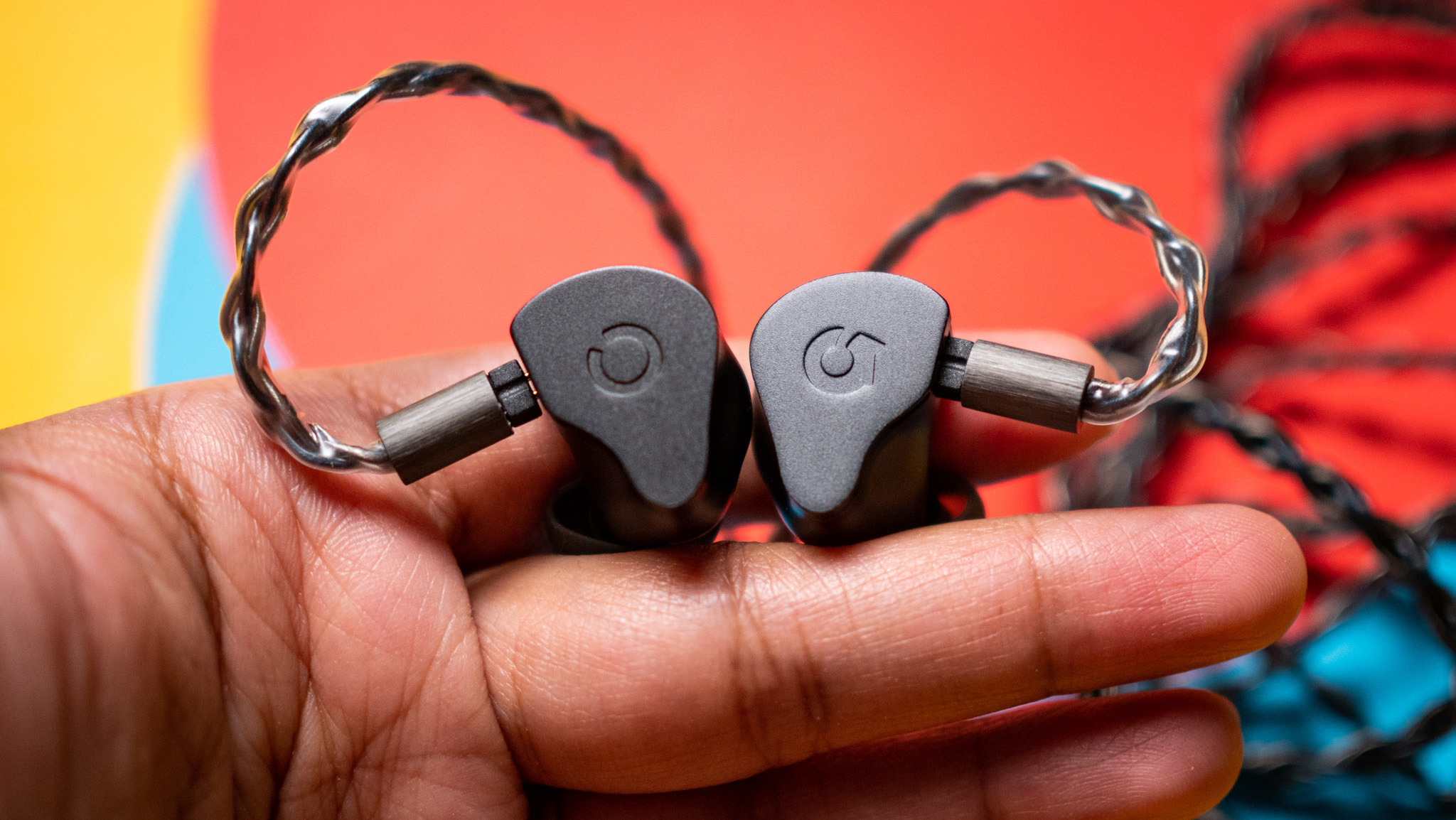


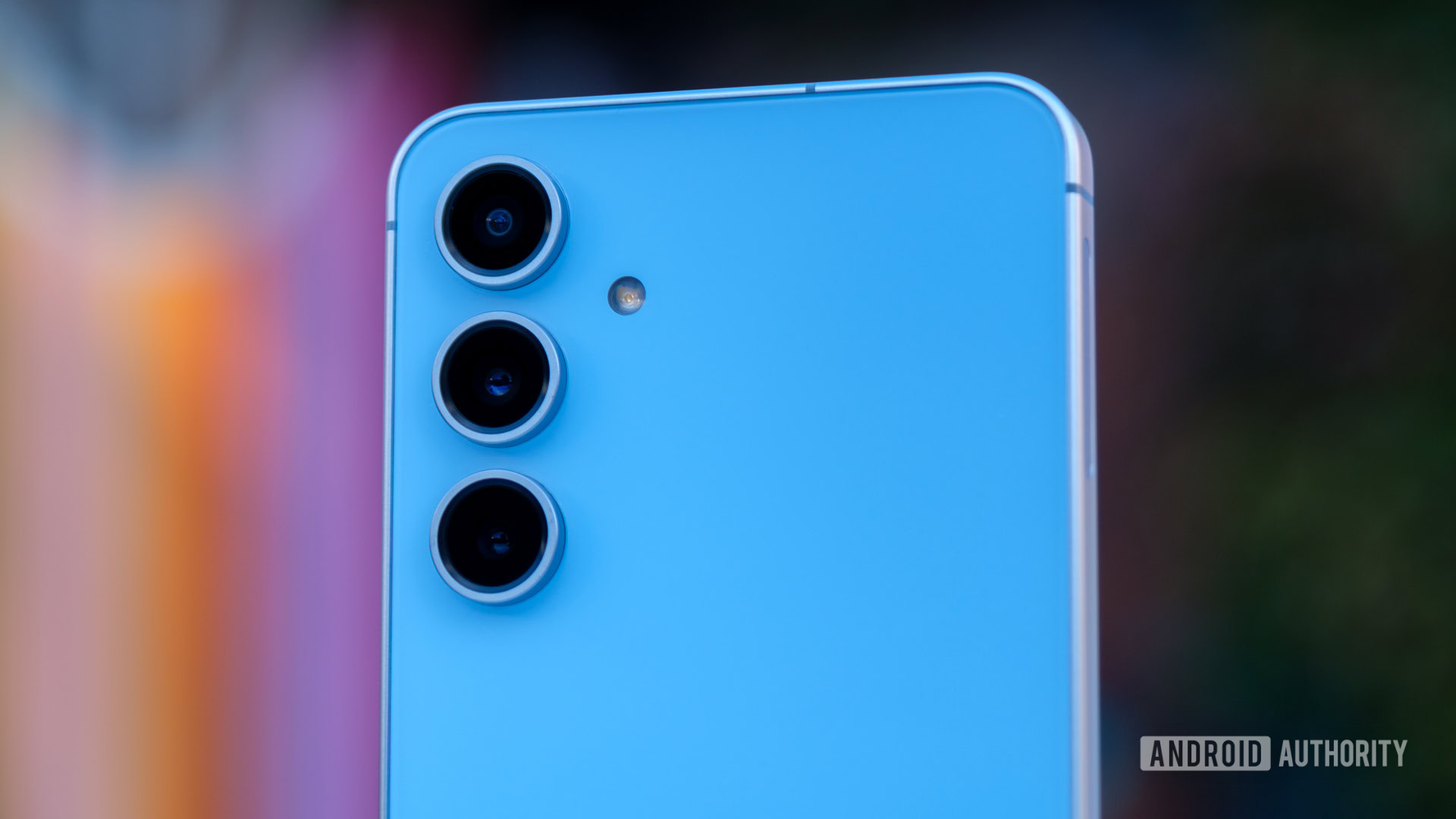


![A rare look inside the TSMC Arizona plant making chips for Apple [Video]](https://i0.wp.com/9to5mac.com/wp-content/uploads/sites/6/2025/05/A-look-inside-the-TSMC-Arizona-plant-making-chips-for-Apple.jpg?resize=1200%2C628&quality=82&strip=all&ssl=1)

















![Why Apple Still Can't Catch Up in AI and What It's Doing About It [Report]](https://www.iclarified.com/images/news/97352/97352/97352-640.jpg)
![Sonos Move 2 On Sale for 25% Off [Deal]](https://www.iclarified.com/images/news/97355/97355/97355-640.jpg)
![Apple May Not Update AirPods Until 2026, Lighter AirPods Max Coming in 2027 [Kuo]](https://www.iclarified.com/images/news/97350/97350/97350-640.jpg)
















